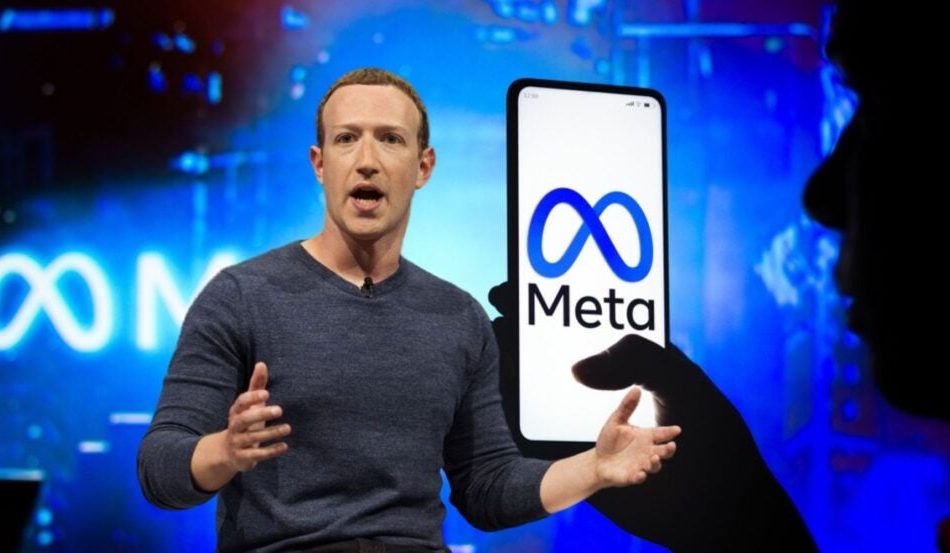Mark Zuckerberg's Meta Banishes Russian State Media Globally To Counter Foreign Influence: RT And Related Entities 'Are Now Banned From Our Apps Globally'
Meta Platforms Inc META has banned RT, Rossiya Segodnya, and other Russian state media from its platforms. The ban, announced on Monday, marks an escalation in Meta’s efforts to combat foreign interference.
What Happened: The decision follows accusations that these outlets employed deceptive tactics for covert influence operations online, reported Reuters.
This action represents a significant escalation in Meta’s efforts against Russian state media, which previously included blocking ads and limiting post reach.
Meta stated, “After careful consideration, we expanded our ongoing enforcement against Russian state media outlets. Rossiya Segodnya, RT and other related entities are now banned from our apps globally for foreign interference activity.”
The enforcement will roll out over the coming days across Facebook, Instagram, WhatsApp, and Threads, according to the report.
The ban follows recent U.S. money laundering charges against two RT employees for allegedly attempting to influence the 2024 election.
U.S. Secretary of State Antony Blinken recently urged countries to treat RT’s activities like covert intelligence operations. RT has criticized the U.S. actions, accusing the United States of trying to hinder its journalistic operations.
Why It Matters: The ban on Russian state media by Meta comes amid ongoing tensions between the U.S. and Russia, particularly in the digital space.
In 2023, Russia’s restrictions on Western social media platforms like Facebook, Instagram, and X led to a reported loss of over $4 billion from its economy.
According to a study by Top10VPN, Russia experienced 1,353 hours of internet shutdowns during the first year of the Ukraine invasion, affecting 113 million internet users.
Meta’s actions are part of a broader effort to combat disinformation and covert influence operations. Earlier this year, Meta took down numerous Facebook accounts linked to covert influence campaigns from countries including China, Iran, Russia, and Israel.
These campaigns reportedly used artificial intelligence tools to spread disinformation, as highlighted in Meta’s quarterly threat report.
Additionally, Meta has faced pressure from various governments to regulate content on its platforms. In August, Meta CEO Mark Zuckerberg revealed that the company faced pressure from President Joe Biden administration’s officials to censor certain COVID-19 content.
Zuckerberg expressed regret for not opposing the pressure sooner, as noted in a letter addressed to the House Judiciary Committee.
Read Next:
Image Via Shutterstock
This story was generated using Benzinga Neuro and edited by Kaustubh Bagalkote
Market News and Data brought to you by Benzinga APIs
© 2024 Benzinga.com. Benzinga does not provide investment advice. All rights reserved.


Leave a Reply